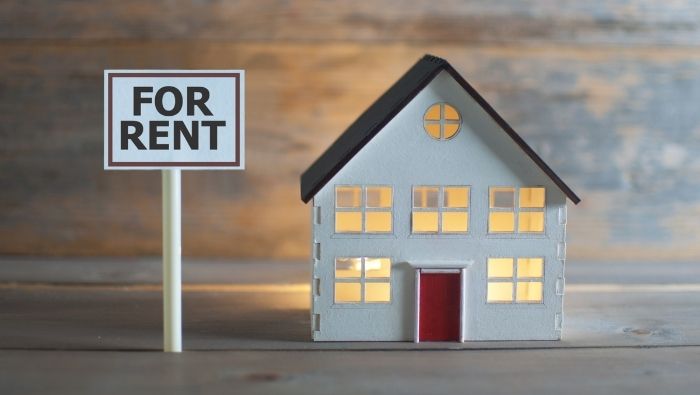Before Investing in Rental Property and Becoming a Landlord
by Rick Kahler

Think being a landlord could be a good source of extra cash? Here are seven things you want to consider before buying in rental property and taking in tenants.
Landlord. The very word implies wealth, authority, and status. Maybe that’s one of the reasons there are so many books and seminars claiming to teach you how to build wealth by owning rental property.
Yes, you can get rich as a landlord. You can go broke, too. And in between those two extremes, you can find yourself dealing with a bunch of problems like leaking roofs, non-paying tenants, and economic downturns. The risks of building wealth with real estate are substantial. This is true whether you want to become the biggest property owner in town or just buy a second home as a rental to help finance your retirement.
Before even considering such a purchase, though, here are some important points to consider:
1. Do you plan to eventually live in the house yourself?
If so, buying it now and having a tenant pay the mortgage for you might be a great move. Still, you need to take the following factors into consideration and make your decision carefully.
2. Will you need current income from the property?
Then, you’ll need to be able to buy it without a mortgage. Otherwise, the mortgage and other expenses will eat up most of the rent payments, and you won’t have any cash flow.
You deserve a comfortable retirement.
3. Do you have the time and skills to manage the property yourself?
Water heaters quit, pipes need to be replaced, and furnaces go on the blink. Will you be able to do your own maintenance or spend the money to hire it done? Are you available to check out prospective tenants and show the property? A management company can relieve you of the hassles of arranging for repairs and vetting tenants. You’ll still pay the bills, though, plus fees of perhaps ten percent of the rent.
Related: The Pros and Cons of Owning a Duplex
4. Be realistic to the point of pessimism about your expected return.
Assume that expenses like repairs, maintenance, taxes, and insurance will be about 50% of the gross rental income. Always figure the income based on a property being vacant for several months of the year.
5. Be aware that a more expensive house won’t necessarily provide a corresponding increase in rent.
The rental market eventually tops out. If a $250,000 house rents for $2,200 a month, a $450,000 house may only rent for about $2,600.
6. Should you consider a different real estate investment option?
If your main reason for owning real estate is investment income, and you have a small amount of money or don’t want the risk and management headaches of owning a house, a real estate investment trust (REIT) is often a wiser choice than owning real estate directly.
7. Be patient.
If you over-buy income property and try to get rich quick, you risk losing it all. At one time, Rapid City lost a number of military jobs and rental properties were sitting vacant. As I scrambled to make mortgage payments, it felt as if I didn’t own my rental houses. Instead, they owned me. Right now, I have interests in companies that own paid-for rental property, but getting to that point took over 30 years.
The IRS classifies some income from rental property as “passive.” Trust me, there’s nothing passive about being a landlord. Owning rental property can certainly be one way to add to your net worth and contribute to a comfortable retirement. Just like any other form of wealth-building, however, it requires education, good decision-making, an awareness of the risks, and plenty of effort.
Reviewed December 2023
About the Author
Rick Kahler, MSFP, ChFC, CFP, is a fee-only financial planner and author. Find more information at KahlerFinancial.com. Contact him at Rick@KahlerFinancial.com.
Sign me up for a comfortable retirement!
Sign me up for a comfortable retirement!
Popular Articles
- Comparing Retirement Housing Options
- How We Retired With Almost No Savings
- How Retirees Can Live on a Tight Budget
- 9 Things You Need to Do Before You Retire
- What You Need to Know About Long Term Care Insurance Before You Retire
- You Didn’t Save Enough for Retirement and You’re 55+
- Could Debt Derail Your Retirement? A Checklist
- Your Emergency Fund In Retirement: A Comprehensive Guide
- Managing Your 401k In Your 50s

